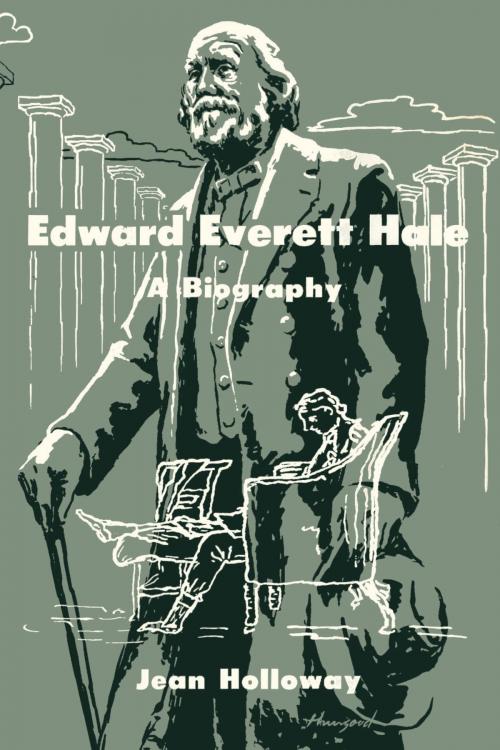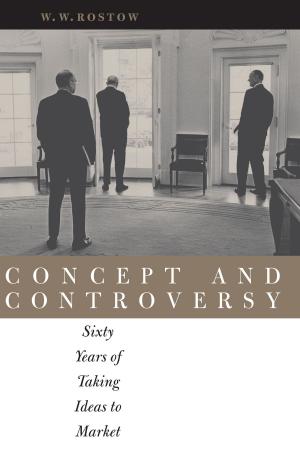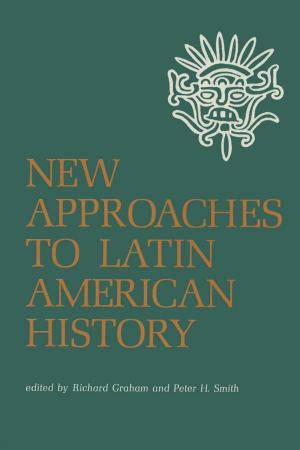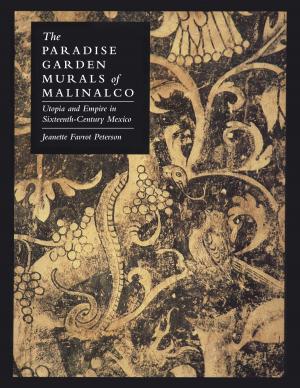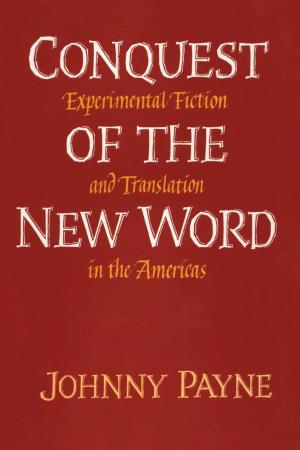Edward Everett Hale
Nonfiction, History, Americas, United States, 19th Century, Biography & Memoir, Religious, Literary| Author: | Jean Holloway | ISBN: | 9780292777750 |
| Publisher: | University of Texas Press | Publication: | February 4, 2014 |
| Imprint: | University of Texas Press | Language: | English |
| Author: | Jean Holloway |
| ISBN: | 9780292777750 |
| Publisher: | University of Texas Press |
| Publication: | February 4, 2014 |
| Imprint: | University of Texas Press |
| Language: | English |
Edward Everett Hale is remembered by millions as the author of The Man Without a Country. This popular and gifted nineteenth-century writer was an outstanding and prolific contributor to the fields of journalism, fiction, essay, and history. He wrote more than 150 books and pamphlets (one novel sold more than a million copies in his lifetime) and was intimately associated with the publication of many of the early American journals, among them the North American Review, Atlantic Monthly, and Christian Examiner. He served as editor of Old and New and was a frequent contributor to the foremost newspapers and periodicals of his time. Yet the writings of this "journalist with a touch of genius" were only incidental to Hale's Christian ministry in New England and in Washington, D.C., where he was for five years Chaplain of the Senate. His literary creed reflected that of his ministry, for Hale's interpretation of the social gospel comprised an active concern with all phases of human affairs. Confidant of poets and editors, friend to diplomats and statesmen, Hale helped mold public opinions in economics, sociology, history, and politics through three-quarters of what he called "a most extraordinary century in history." In recounting Hale's life and times, Holloway vividly portrays this fascinating and often turbulent era.
Edward Everett Hale is remembered by millions as the author of The Man Without a Country. This popular and gifted nineteenth-century writer was an outstanding and prolific contributor to the fields of journalism, fiction, essay, and history. He wrote more than 150 books and pamphlets (one novel sold more than a million copies in his lifetime) and was intimately associated with the publication of many of the early American journals, among them the North American Review, Atlantic Monthly, and Christian Examiner. He served as editor of Old and New and was a frequent contributor to the foremost newspapers and periodicals of his time. Yet the writings of this "journalist with a touch of genius" were only incidental to Hale's Christian ministry in New England and in Washington, D.C., where he was for five years Chaplain of the Senate. His literary creed reflected that of his ministry, for Hale's interpretation of the social gospel comprised an active concern with all phases of human affairs. Confidant of poets and editors, friend to diplomats and statesmen, Hale helped mold public opinions in economics, sociology, history, and politics through three-quarters of what he called "a most extraordinary century in history." In recounting Hale's life and times, Holloway vividly portrays this fascinating and often turbulent era.
